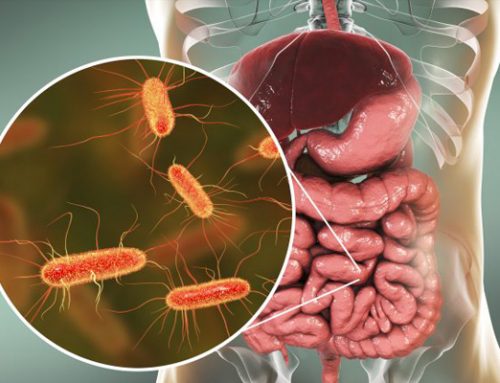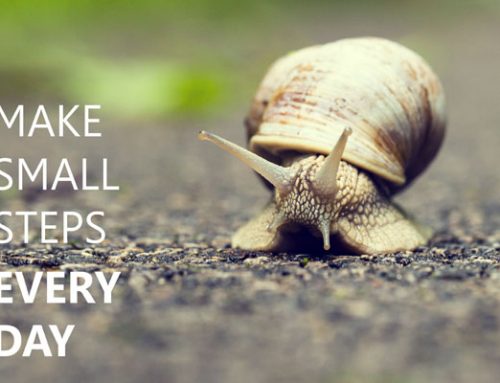It’s all about calories, right?
I think it’s pretty safe to assume that when it comes to dieting we’ve all found ourselves counting calories at one point of our lives. You know, it’s all about calories in versus calories out. The idea that if you burn more calories than you eat then you’ll lose weight. Simple. So, figure out the number of calories you’re currently eating, reduce them, stick to it and voila, you’ll lose weight.
Except it doesn’t quite work like that.
You see, the calories in the food you eat are worked out using what we call a ‘bomb calorimeter’. This piece of kit basically combusts (burns in a flame) food of a known weight. The amount of energy in that known quantity of food is then worked out by measuring the amount of heat given off. And, of course, our bodies work in much the same way. You eat something, your belly starts a fire and you get energy. Wait a second, that doesn’t really happen, does it? No, of course it doesn’t.
Our bodies don’t burn food in a flame. We chew our food, swallow it, cover it in digestive juices (sounds yum, right?) and then attempt to absorb as much as we can. From there, unique aspects of our physiology such as our hormonal system and microbiome (the trillions of bacteria in your gut!), play a large role in dictating how we use that energy from food. For example, got insulin resistance? You’re probably not going to handle carbohydrates as well as someone who isn’t. Been resistance training? You’ll probably store a lot of the carbohydrate that you eat as glycogen in your muscles as opposed to fat in your, well, fat cells.
So, let’s run through a few quick things that make using calories in vs. calories out as a way to manage weight not very practical and pretty inaccurate:
Whole foods vs. refined/processed foods.
So, you think 500 kcal of table sugar is handled by our bodies in the same manner as 500 kcal of vegetables? Or meat? What about nuts or even starchy foods such as sweet potato? Well, it’s not. The likelihood is that you’ll absorb the majority of the table sugar as it can be absorbed through the stomach without requiring much digestion. On the other hand, whole, unprocessed foods such as sweet potato require a much greater level of involvement from the digestive system and the likelihood in this scenario is that you won’t absorb all of its calories. The digestion of the sweet potato requires a helluva (a hell of a ;)) lot more energy to digest and absorb than the table sugar. This is known as the Thermic effect of feeding (TEF). The higher the TEF value of the food the more calories you burn by simply digesting it. That, in itself, is pretty good evidence against the idea that a calorie is a calorie is a calorie. By the way, protein has the highest TEF value. Hence, the meat sweats!
Where was the food grown?
That is, if it is food your eating and not petri-dish beef burgers. Because that’s not food. I kid. Or do I? This world does seem to be getting crazier and crazier. Anyway, I digress. Where the food you eat was grown matters in terms of its calorie content. The soil it was grown in, the time of year it grew, its age at harvest, the length of time it took to transport. That all matters. So, maybe your 100g sweet potato has 86kcal, maybe mine has more. Maybe it has less. Who knows. I don’t. Do you!?
Chew, chew, chew your food!
Or don’t. I can’t give out that sort of advice anyway. I’m not a registered nutritionist. Lol. The more your chew your food the greater its surface area, the more easily it can be accessed and broken down by your digestive enzymes and, you guessed it, the more calories (and nutrients!) you’ll absorb. Try swallowing a few nuts whole and they’re likely to show up again during your trip to the toilet. On the other hand, chew them until they feel like mashed potato in your mouth and you’ll never see them again. These are two extreme ends of the spectrum but you get the idea.
You’re never alone….
Right now, there are more bacterial cells in your body (trillions!) than your own cells. The majority of these live in your gut, digesting fibre and releasing health promoting compounds into our blood stream. Your microbiome also plays a central role in immunity and so when our gut bacteria are out of balance, so are we. If it’s in check, you’ll feel better, think better, move more and, you guessed it, burn more calories! And here’s the biggest surprise: a plant based diet consisting of natural, minimally processed, nutrient dense foods will promote the growth and proliferation of the healthiest gut bacteria. Who’d have thought it, eh?
In effect, two diets of very different compositions but the same caloric content will result in two very different microbiota and two very different states of health.
So, I’m sorry to say. Just because your cereal bar only has 90 calories doesn’t mean it’s a health option. Plus, it probably weighs about 20 grams!
So, there you have it. Just a few of the reasons why counting calories isn’t worth your time. While it’s true that calories in versus calories out will dictate whether you lose or gain weight, there’s no way of accurately determining exactly how many calories you’re taking in and how many you’re burning.
If counting calories is a waste of time, what should I do instead?
Eat according to a few key dietary principles:
- Eat mostly whole, natural, minimally processed foods
- Ensure that the largest portion of food on your plate consists of vegetables. With as much colour as possible (more on why in another post).
- Eat at one to two servings of protein rich foods with each of your meals. Your palm equals one serving of protein. Be sure to carry it with you everywhere you go. It’s a handy measuring tool. No scales required! 😉
- Eat until your 80% full. Then stop. Wait for at least 20 to 30 minutes before deciding whether you need to eat again. It takes a bit of time for our bodies to signal to our brains that we’ve had enough.
- Drink at least 2 litres of water a day. We often mistake thirst for hunger.
- Keep those red light foods out of your cupboards and out from underneath your bed! Those are the foods which, once you start eating, you can’t stop.
- Get enough quality sleep. Did you know just one night of missed sleep can result in you burning 1000 kcal less the next day? Simply because your metabolism is out of whack!
Unlike calorie math and macro tracking, the above principles can be implemented into your daily life relatively easily. Sure, there are other dietary approaches (like intermittent fasting) you could implement in order to super-charge your results. However, unless you can do the above at least 80% of the time, then anything else you implement just isn’t going to stick.
When it comes to eating healthier, as well as anything in life that requires planning and execution, try asking yourself: what would this look like if it were easy? Very often, what you come up with will be a pretty damn good place to start!
Until next time,
Coach Canty 🙂



Leave A Comment